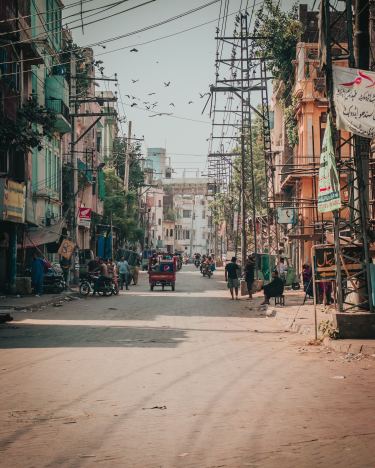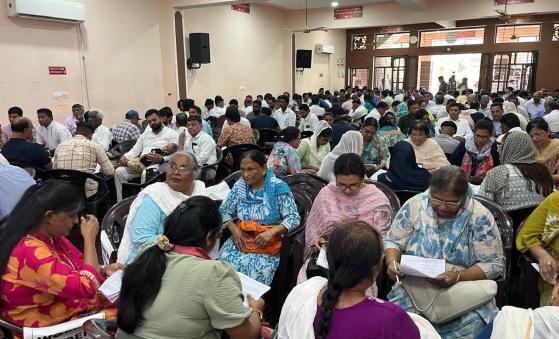
A young Christian man from Lahore, Pakistan, has died after years of suffering linked to his arrest and imprisonment under the country’s controversial blasphemy laws.
Nabeel Masih, aged 25, passed away on 31 July. His health had severely declined due to long-term neglect, poor conditions in prison, and lack of medical care following his release.
Masih was just 16 years old when he was accused of sharing a blasphemous image on Facebook that allegedly insulted the Kaaba, a sacred Islamic site. The accusation came from a man named Akhtar Ali in the town of Dina Nath, Kasur.
He was arrested quickly under Pakistan’s strict blasphemy laws. The police removed the image from Facebook to avoid unrest, eliminating the only evidence that could prove his guilt or innocence.
In 2018, Masih was convicted and sentenced to 10 years in prison, making him the youngest person ever convicted under these laws in Pakistan. While behind bars, he spent much of his time in solitary confinement, facing fear, threats, and deep emotional distress.
Although some international organisations, including Christian Solidarity Worldwide (CSW), Centre for Legal Aid Assistance and Settlement (CLAAS), Aid to the Church in Need (ACN), Christian Solidarity International (CSI), and the British Asian Christian Association (BACA), raised awareness of his case, little practical support reached him in Pakistan. Legal advocates such as Saad Jabar also fought on his behalf.
Masih was granted bail by Pakistan’s Supreme Court in 2020, but by that time, his health had already been seriously damaged. Years of malnutrition, unsafe drinking water, and psychological trauma had taken a toll on his body.
Despite promises of medical care and support, Masih received no consistent treatment or safe place to recover. Some observers now claim that keeping high-profile victims in dangerous conditions has sometimes been used by certain groups to attract international donations, without delivering meaningful help on the ground.
In the final years of his life, Masih continued to suffer, visiting hospitals without finding lasting relief. He died thin, sick, and largely forgotten.
His tragic death has renewed calls for reform of Pakistan’s blasphemy laws and greater protection for vulnerable Christians and other minorities. Supporters say his life must not be in vain and are urging the international community to press for justice, medical access, and dignity for all those wrongly accused.
Adapted from ICC.




